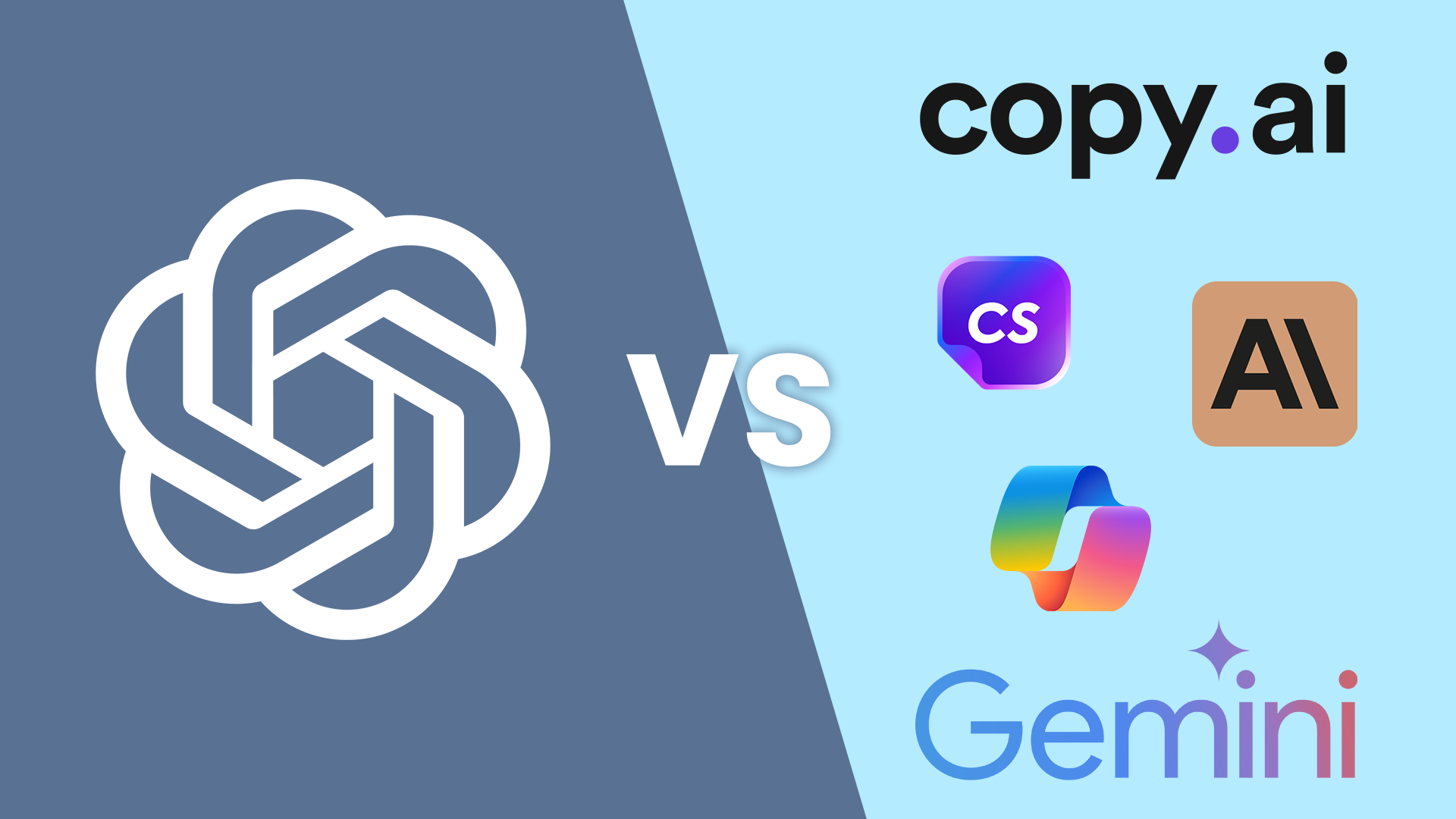In a groundbreaking announcement at CES 2024, McAfee took the wraps off Project Mockingbird, an innovative AI-powered technology designed to detect deepfake audio and counter the growing threat posed by cybercriminals using fabricated, AI-generated content for scams, cyberbullying, and manipulating public figures. With generative AI tools evolving rapidly, the need for robust defenses against deepfakes and cheapfakes becomes increasingly evident. This article delves into the origin, purpose, and potential misuse of these technologies, examining the concerns surrounding them and exploring emerging solutions.
Table of Contents
Understanding Deepfakes and Cheapfakes
Deepfakes involve AI-generated content, such as videos or audio, convincingly mimicking real people or events. Cheapfakes, a subtype of deepfakes, manipulate authentic content instead of generating entirely new material. Focusing on the malicious use of AI-generated audio, McAfee’s Project Mockingbird aims to provide consumers with the means to differentiate between authentic and manipulated content, offering essential insights to make informed digital decisions.
Project Mockingbird: A Shield Against AI-Generated Threats
Leveraging an advanced AI model with contextual, behavioral, and categorical detection models, Project Mockingbird achieves an impressive 90 percent accuracy rate in identifying AI-generated audio. This technology empowers consumers to distinguish between authentic and manipulated content, allowing them to make informed decisions about the credibility of the information they encounter. Drawing parallels with a weather forecast, Steve Grobman, CTO at McAfee, emphasizes its role in helping users plan their digital interactions wisely.
The Emergence of OpenVoice: Redefining Voice Cloning
In addition to McAfee’s endeavors, California-based startup MyShell has introduced OpenVoice, an open-source AI offering voice cloning with unparalleled speed and accuracy. Developed collaboratively by researchers from MIT, Tsinghua University, and MyShell, OpenVoice requires only seconds of audio to clone a voice, offering precise control over tone, emotion, accent, rhythm, and more.
OpenVoice comprises two AI models, one managing language style, accents, and emotions, while the other focuses on voice tone cloning. MyShell’s innovative approach enables OpenVoice to clone voices with minimal data, surpassing the speed of alternatives like Meta’s Voicebox.
MyShell’s Ecosystem and Monetization Strategy
Established in 2023 with $5.6 million in early funding and over 400,000 users, MyShell positions itself as a decentralized platform for creating and discovering AI apps. Beyond instant voice cloning, the platform provides original text-based chatbot personalities, meme generators, user-created text RPGs, and more, some of which are available through a subscription fee. The company also charges bot creators to promote their bots on its platform.
By open-sourcing its voice cloning capabilities through platforms like HuggingFace while simultaneously monetizing its broader app ecosystem, MyShell aims to attract a diverse user base while championing an open model of AI development.
Consumer Concerns and Insights from McAfee’s Deepfakes Survey
As the capabilities of deepfake and cheapfake technologies advance, so do consumer concerns. According to McAfee’s Deepfakes Survey conducted in December 2023:
- 84% of Americans are apprehensive about deepfake usage in 2024.
- 68% express more significant concerns than the previous year.
- 33% have encountered or witnessed a deepfake scam, with a higher prevalence among 18–34 year-olds.
- Top concerns include election influence, undermining public trust in media, impersonation of public figures, proliferation of scams, cyberbullying, and sexually explicit content creation.
Addressing Concerns and Mitigating Misuse
The concerns outlined in the survey underscore the urgency of addressing potential misuse of deepfake and cheapfake technologies. With these technologies becoming more sophisticated, it is imperative to consider the following in countering their negative impacts:
- Public Education Initiatives: Launch initiatives to educate the public about the existence and potential risks of deepfakes and cheapfakes. This involves awareness campaigns, educational programs, and digital literacy initiatives to empower individuals to recognize and critically assess manipulated content.
- Development of Regulatory Frameworks: Work towards establishing comprehensive regulatory frameworks governing the use of AI-generated content. These frameworks should address issues such as unauthorized use of personal likeness, spread of misinformation, and legal consequences for those engaging in malicious activities.
- Investment in Detection Technologies: Continue investing in AI-powered detection technologies akin to McAfee’s Project Mockingbird. This includes collaboration between tech companies, researchers, and government agencies to stay ahead of evolving deepfake techniques.
- Ethical AI Development: Prioritize ethical considerations in the development of AI technologies, ensuring transparency, implementing safeguards against malicious use, and promoting responsible AI practices.
- Global Collaboration: Given the global nature of the internet and the potential for cross-border misuse of deepfake and cheapfake technologies, international collaboration is essential. Countries should collaborate to share information, coordinate responses, and collectively address the challenges posed by these emerging technologies.
Conclusion
As groundbreaking technologies like McAfee’s Project Mockingbird and MyShell’s OpenVoice come to the fore, concerns surrounding deepfakes and cheapfakes persist. A comprehensive approach involving consumer awareness, regulatory frameworks, technological advancements, ethical considerations, and international collaboration is critical in the ongoing battle against the misuse of AI-generated content. By addressing these concerns holistically, society can leverage the benefits of AI while mitigating the risks associated with deepfake and cheapfake technologies.
Are you ready to make the most of technology in your business? Contact NPEC and follow us on social media today!




